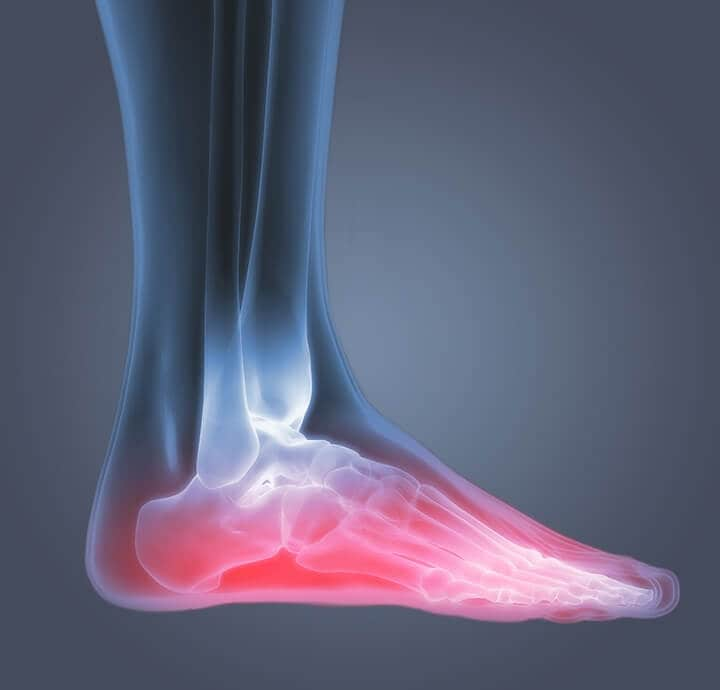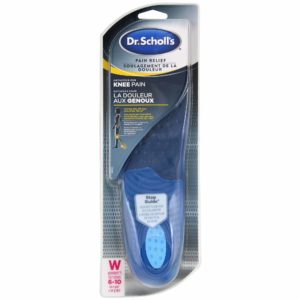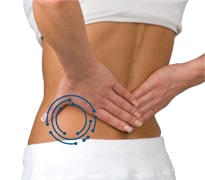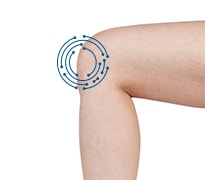The Facts on Osteoarthritis Pain:
WHAT IS OSTEOARTHRITIS PAIN?
Between the bone joints in your body is cartilage, which acts as a cushion and provides smoother movement between the bones. In osteoarthritis or OA, this cushioning cartilage breaks down. And without cushioning, your joints are painful.

OA can affect any joint, but it most commonly happens in your hands, knees, hips and feet (specifically, the joint of your big toe). It’s the “most common chronic condition of the joints, affecting approximately 27 million Americans.”*
Minor osteoarthritis symptoms can come and go and include pain, stiffness and swelling, and decreased range of motion. Symptoms can range from mild to severe and can change over time. If you experience pain, see your doctor for a diagnosis and follow his/her instructions.
WHAT CAUSES OSTEOARTHRITIS PAIN?
Scientists used to believe the cause of osteoarthritis was simply the result of a wear and tear on the joints. Newer research has led to a change in that thinking, and doctors now believe osteoarthritis is a joint disease, with contributing factors that include:
- Genetics: Research is showing that some genes are linked to the onset of osteoarthritis
- Being overweight: The additional pressure on your body’s joints may cause the cartilage to wear down
- Injuries or overuse: Some sports that require repetitive movements, and some careers that require lots of standing or bending, heavy lifting and the like – they may cause joints to wear out
- Other medical issues: Rheumatoid arthritis and other diseases may also cause the onset of osteoarthritis
Shop Products for OSTEOARTHRITIS
MANAGING OSTEOARTHRITIS PAIN
If you think you have osteoarthritis pain, it’s important to talk to your doctor about your symptoms. He or she can diagnose you and provide an osteoarthritis management and treatment plan that’s tailored to your situation. If your doctor concludes that you do have OA, know that it’s a long-term condition, and while it currently has no cure, you can manage it in many ways. Some steps that may help provide you with osteoarthritis pain relief include:
- Maintaining a healthy weight
- Staying active
- Stretching
- Medications, either over-the-counter or prescribed by your doctor
- Physical or occupational therapy
And if you have lower body osteoarthritis pain, wearing insoles, inserts or orthotics can help relieve the pain
Not a medical diagnosis. For information purposes only. If you have diabetes, poor blood circulation, or fragile skin, or symptoms are severe or persist, consult your podiatrist or physician before using products.
†SOURCE: “What is Osteoarthritis?” Arthritis.org. Arthritis Foundation National Office, n.d. Web. 02 Feb. 2017. http://www.arthritis.org/about-arthritis/types/osteoarthritis/what-is-osteoarthritis.php.




